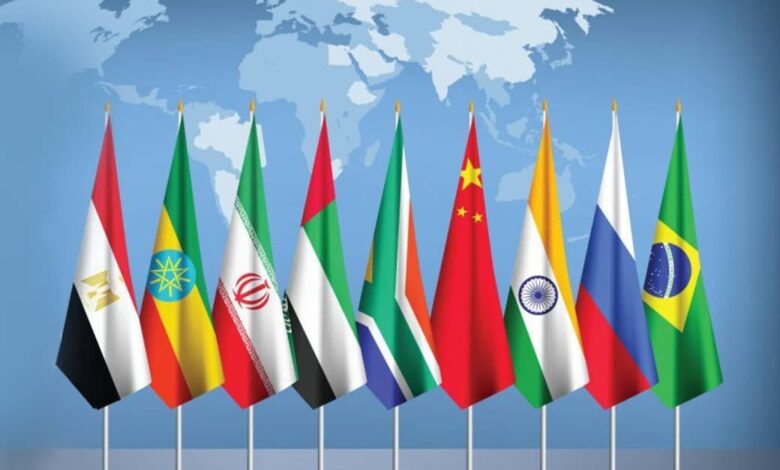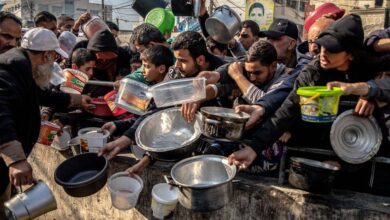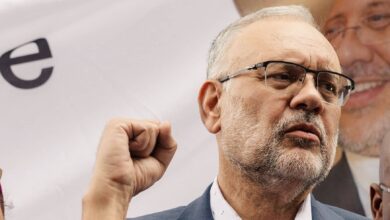
Indonesia has been officially accepted into BRICS, a coalition of emerging economies that includes Russia and China, among others, increasingly viewed as a counterbalance to Western influence.
Brazil, which holds the rotating presidency of the group, announced Indonesia’s acceptance as a full member on Monday. The country welcomed the news, saying it “welcomes” the announcement.
In its response, Jakarta’s Ministry of Foreign Affairs called joining BRICS a “strategic step to promote greater collaboration and cooperation with other countries of the developing world based on principle, equality, mutual respect and for sustainable development”. It expressed its “appreciation to the Federal Republic of Brazil and Russia Federation” – the current chair of BRICS for 2024 – which has supported facilitating Indonesia’s admission.
Earlier, Brazil’s foreign ministry underlined that Indonesia, being the most populous nation in Southeast Asia, shares the group’s vision of reforming global governance institutions and positively contributing to cooperation within the Global South. Indonesia’s membership bid was approved during a summit held in Johannesburg in 2023.
The BRICS acronym was first coined by a Goldman Sachs banker, and in 2009, it took official form with founding members Brazil, Russia, India, and China. South Africa joined the next year, and in 2022, the bloc further expanded to include Iran, Egypt, Ethiopia, and the United Arab Emirates.
BRICS is seen more and more as a counterbalance to Western hegemony, while one of the main goals is “de-dollarization” of international trade. Many of its member countries believe that the United States is using the dollar as a political weapon and have suggested creating a common currency.
US President-elect Donald Trump threatened to slap 100 percent tariffs on BRICS countries if they abandoned the dollar for international trade. But Brazil appears to signal it wants to push through with the proposal during its presidency. The administration of President Luiz Inacio Lula da Silva is set to work out ways of offering alternative means of payment for trade among members.
In the statement, Indonesia said this represents new growth in its role regarding global affairs and commitment toward multilateral cooperation in creating a more inclusive and fairer global structure.



